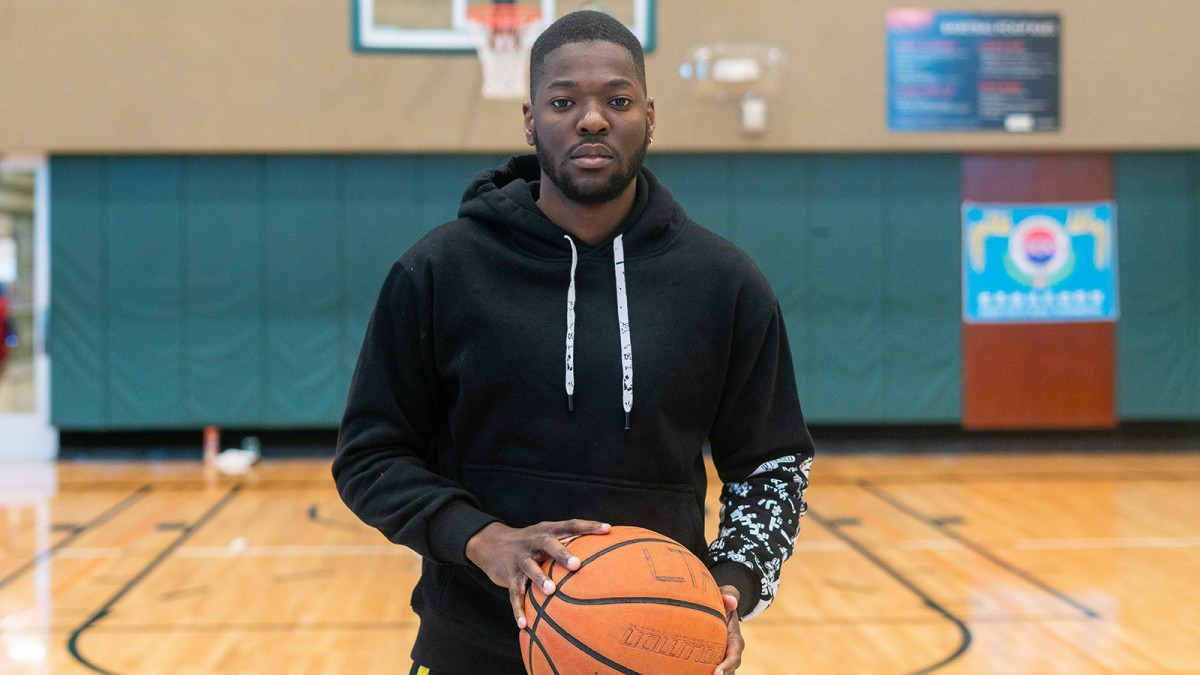
The province's Court of Appeal found the NSLC's markup fee on beer sold on Unfiltered Brewing's own premises was a proprietary charge, not an unlawful tax. Blackmun, John Paul Stevens and Antonin Scalia joined Justice Powell's majority opinion.HALIFAX - A Halifax microbrewery has taken on the Nova Scotia Liquor Corporation over beer markup fees - and lost. They criticized the majority for second-guessing the wisdom of New York's exercise of its powers. They argued strongly that the Court over the years had ''completely distorted the Twenty-First Amendment,'' which they said ''was intended to return absolute control of the liquor trade to the states,'' and to bar Federal interference.

Justice Sandra Day O'Connor dissented, joined by Chief Justice William H. Justice Powell noted that even the state court had suggested that higher prices do not decrease liquor consumption. He also rejected the State Liquor Control Board's argument that the state law ''furthers the state's interest in promoting temperance,'' under the 21st Amendment, by making liquor more expensive. While leaving open the question of whether such a purpose ''could ever prevail'' against the Federal antitrust laws, Justice Powell said he doubted that preservation of small retailers had been either the main purpose or the effect of New York's pricing system, taken as a whole. In this connection, he dismissed as ''unsubstantiated'' the view of the New York Court of Appeals that the pricing system should be upheld as a legitimate measure to keep small liquor retailers from being driven out of business by large discounters. Third, Justice Powell held that while the 21st Amendment gives states broad power to regulate or even prohibit liquor sales, that power cannot overcome conflicting Federal policies if on the facts of the case they outweigh the state interests involved. Second, Justice Powell rejected arguments that the pricing scheme was protected by the limited antitrust law exemption that the Court has recognized for ''clearly articulated'' state policies that are ''actively supervised'' by the state. It said that in any event the 21st Amendment, which abolished Prohibition, gave states broad powers to regulate liquor sales.

In upholding the law, the Court of Appeals said its goal of protecting small retailers was consistent with the antitrust laws because of the danger that unrestricted price competition would drive them out of business, eventually leading to higher prices.

In each case, the Supreme Court overturned a ruling by the New York Court of Appeals upholding the respective provisions of the state's liquor law. The Court noted, in particular, it has previously held that states have power to ''comprehensively control the distribution of liquor within their boundaries,'' as Virginia does, and suggested that it might uphold ''a simple 'minimum markup' statute'' requiring retailers to charge a set percentage above their actual wholesale cost.īoth the case decided today and last June's decision involved only distilled spirits, not wine and beer, which are not regulated in the state. Today's decision leaves it open for the state to pass new laws regulating liquor prices in different ways from the provisions the Court invalidated today. He said he expected that one immediate effect would be that some discounters would lower liquor prices.

Peter Sherwood said today, the two decisions have upset ''the two major portions'' of the state's Alcoholic Beverage Control Law. Taken together, New York Solicitor General O.


 0 kommentar(er)
0 kommentar(er)
